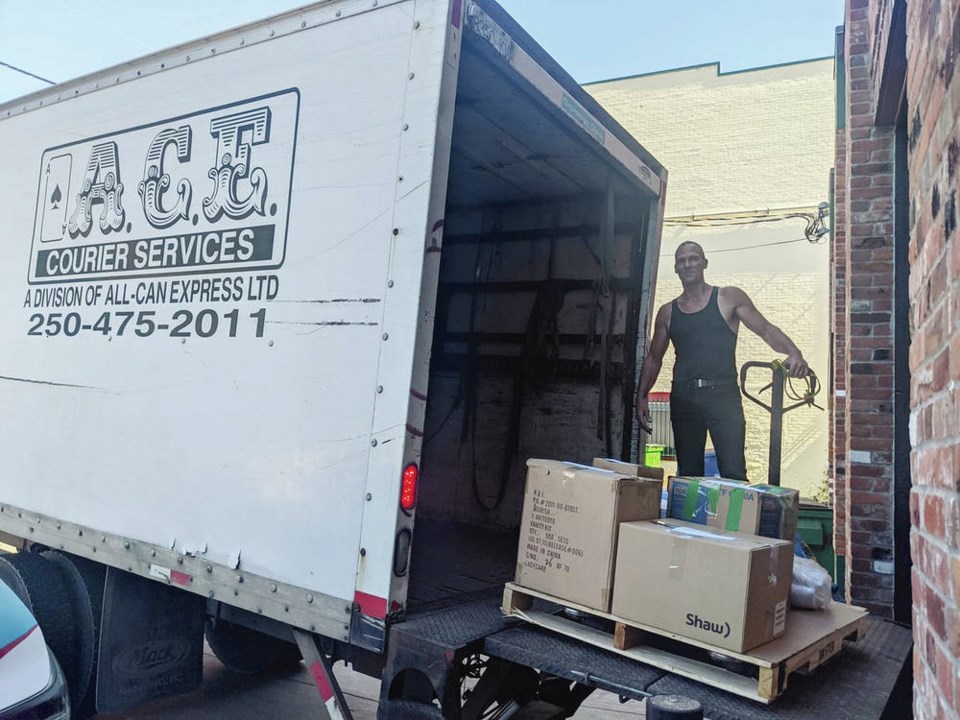A program that provides emergency hygiene supplies to Indigenous communities across the province is in limbo after the RCMP pulled funding.
For four years, Soap for Hope Canada, a Victoria-based charity, has collected unused hygiene and linen products from area hotels. The materials were offered to 400 communities in need in B.C and Alberta, including about 125 Indigenous communities.
Until this month, the B.C. RCMP Indigenous policing branch paid for the project’s shipping costs.
“The timing is really shocking,” said Anne McIntyre, the charity’s executive director.
“When they called to tell us they made a mistake and they can’t support us, there was no acknowledgment on how that would impact the people.
“We had been given a year’s commitment on continued transportation costs to these communities and, with one phone call, they took back their words.”
McIntyre said the action flies in the spirit of a tripartite agreement the RCMP has with Indigenous communities with a mandate to “develop, implement and support initiatives and programs that ultimately contribute to safer and healthier communities.”
In some of the communities, people sometimes have to choose between buying food or hygiene products, due to their high cost. The program served as a bridge to personal hygiene and improved community health.
In Heiltsuk Territory in Bella Bella, news of the loss of funding prompted the leaders of the Qqs Projects Society to start looking for other transportation options.
“I’ve had community members step into our office in tears because, for the first time, they didn’t have to choose between necessities,” said executive director ‘Cúagilákv, who also goes by Jess Úst̓i. “This kind of community care is necessary and transformative.”
For the most recent shipment, A.C.E. Courier and Diamond Delivery, two local trucking companies, stepped in to deliver the supplies without charge.
In an email, RCMP spokeswoman Staff Sgt. Janelle Shoihet wrote: “The program has been extremely successful, but the RCMP Indigenous police program does not have the financial capacity to continue to contribute the way we have in the past.
“We remain committed to finding a solution with them that embraces the spirit of the program, our work and relationships in Indigenous communities and any limitations or restrictions.”



